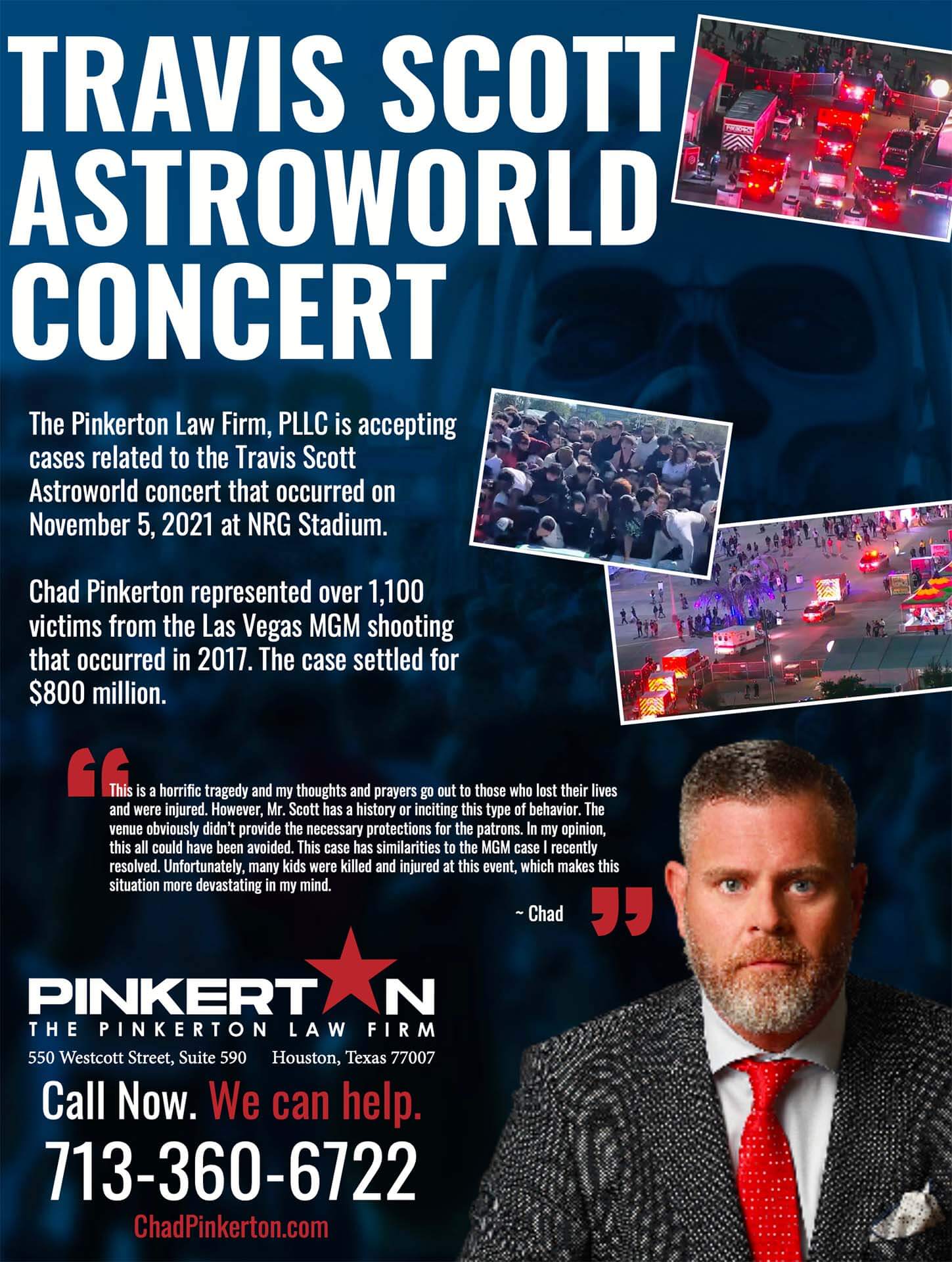Transvaginal Mesh Lawsuit
Transvaginal Mesh
Transvaginal mesh (TVM), sometimes referred to as a bladder sling, is a medical device that is used to provide external support to weakened or damaged organs. The mesh is implanted through the vagina and is used like a sling to provide support for the pelvic or lower abdominal organs. In 2010, more than 75,000 received women receive received mesh implants primarily to treat pelvic organ prolapse (POP) and stress urinary incontinence (SUI).
On July 13, 2011, the FDA ordered new warnings for transvaginal mesh devices. As it turns out, the mesh tends to erode and break over time, resulting in serious complications, which include:
- Mesh Erosion
- Mesh Contraction
- Pelvic Pain
- Urinary Problems
- Vaginal Scarring
- Organ Perforation
- Pain During Intercourse
- Vaginal Bleeding
- Recurrence of Prolapse
- Infection
More alarming is the fact that this was not the first warning issued by the FDA. In October of 2008, the FDA issued a safety alert about serious complications from transvaginal mesh devices. Despite concerns made by the FDA, drug companies continued to manufacture and market transvaginal mesh devices. However, after receiving over 3,000 complaints from women injured by mesh devices, the FDA has concluded that serious complications associated with transvaginal mesh devices are not rare. Corrective surgery is often required to remove the failed mesh. More importantly, studies have shown that the transvaginal mesh carries more risks of injuries than other traditional surgical options without evidence of greater benefit or effectiveness.
WHY DO YOU HAVE A CLAIM AGAINST THE COMPANIES THAT MANUFACTURED YOUR TRANSVAGINAL MESH DEVICE?
The companies responsible for manufacturing and marketing mesh devices have a duty to disclose known risks as well as risks they should know about. The four companies responsible for manufacturing the majority of transvaginal mesh devices include: Johnson & Johnson; C.R. Bard; American Medical Systems, and; Boston Scientific. These companies failed to warn consumers about the increased potential for health complications from the mesh, which could have been revealed by conducting adequate testing and safety surveillance.
If you or a loved one has suffered pain or complications from a transvaginal mesh device, please contact our offices for a free legal consultation. Chad Pinkerton and The Pinkerton Law Firm understands it can be difficult or embarrassing to talk about TVM related injuries, which is why we have highly trained female staff working directly with our mesh clients. Call 713-360-6722 to speak with a representative from The Pinkerton Law Firm today.










